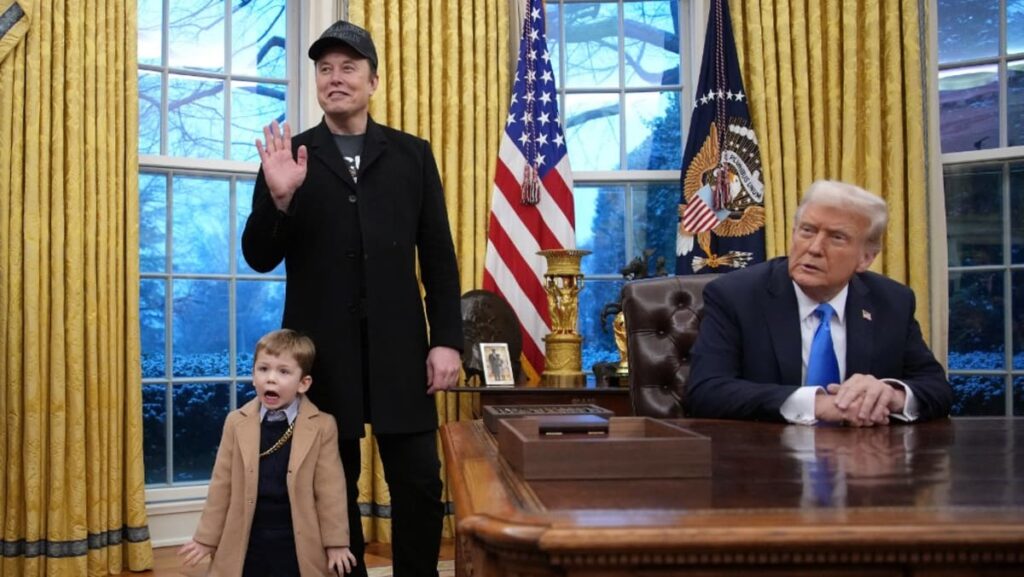For one thing, Mao’s Red Guards are no match for Musk’s young engineers, who are armed with AI and technological prowess to pinpoint and tackle waste and inefficiency in government spending. So far, media reports have indicated that they have done a very good job, having laid off or furloughed nearly ten thousand federal employees.
To the delight of Chinese officials and state media, the United States Agency for International Development (USAID), the government’s foreign aid organisation and a key promoter of American soft power with a budget of US$42 billion, has become the first major department to be on the chopping block. Chinese officials have accused USAID of funding media organisations and NGOs around the world to “smear” China.
CHINA’S OWN BLOATED BUREAUCRACY
But Chinese officials should not merely satisfy themselves as bystanders watching the fun. Instead, they should be inspired to take a deeper look at China’s own bloated and inefficient bureaucracy at all levels. Red tape has become one of the biggest stumbling blocks for China to take effective measures to energise its sluggish economy.
Over the past decade, as China’s leadership has called for tighter controls over all levels of Chinese society, China’s bureaucracy has become even more excessive, intrusive, complex, and obstructive. For instance, private entrepreneurs have long complained about unequal treatment in terms of market access and legal protection, as opposed to state-owned enterprises.
The solution? The leadership has set up a brand-new bureaucracy called the Bureau of Private Economy at the national and local levels, with the apparent aim of providing better support for the private sector. But many entrepreneurs remain sceptical because what they really want is an environment where they are treated equally, not a new layer of red tape.
Ironically, China’s leadership has openly acknowledged that red tape has impeded the implementation of government policies and snarled the country’s economic recovery. Over the past four years, a campaign to combat the so-called “formalism and bureaucratism” among the country’s millions of officials has been raging to great fanfare but without much success. The campaign has been spearheaded by Cai Qi, President Xi Jinping’s chief of staff, highlighting the importance the leadership attaches to it.
So far, the drive is aimed at easing and reducing the burdens for local officials who find themselves having to deal with mountains of paperwork and endless meetings. Often, officials spend much of their days filling out numerous forms for agencies asking for overlapping information or receiving inspection teams that simply go through the motions, leaving little time for performing their duties. But the government is merely tackling the symptoms rather than the root cause – an increasingly bloated bureaucracy in which bureaucrats perform perfunctory tasks to justify their jobs.
https://www.channelnewsasia.com/commentary/china-trump-musk-doge-federal-bureaucracy-efficiency-productivity-cultural-revolution-4944196


